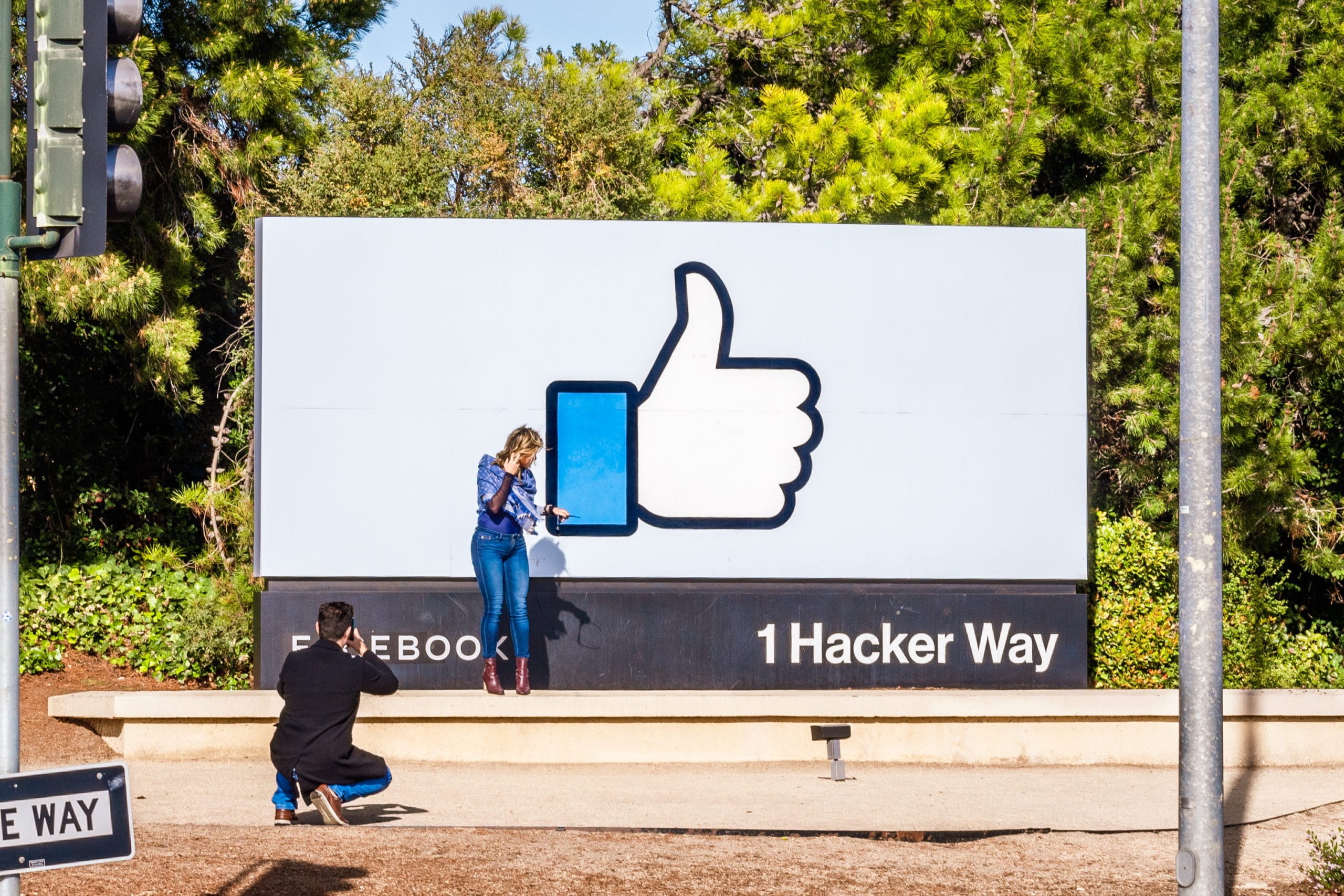CNN has become the first US media organization to restrict Australians’ access to its Facebook pages, according to The Wall Street Journal. The move comes weeks after the country’s high court ruled that media companies are liable for the comments left by other people on their Facebook posts. A CNN spokesperson told the publication that users in Australia will no longer be able to see its main Facebook page, its CNN International page and the dedicated pages for its shows.
Dylan Voller filed the original case that prompted Australia’s courts to decide whether media organizations should be liable for comments left on their Facebook pages. Voller became famous back in 2016 after a TV exposé on the mistreatment of minors in the criminal detention system showed a photo of him hooded and strapped to a chair when he was only 17. Major news outlets used that photo for their articles that were then posted on Facebook, where commenters falsely accused Voller of serious crimes, such as raping an elderly woman.
A CNN source told The Journal that the organization asked Facebook if it would help media companies disable comments entirely. However, the social network reportedly declined to disable all comments on CNN’s pages in Australia. Facebook rolled out a tool back in March that allows celebrities, politicians and news outlets to restrict who can comment on their pages, but they’d still have to set a restriction for every post. CNN has decided that doing so for all its properties would be time-consuming and opted to completely block Australia instead.
A CNN spokesperson said:
“We are disappointed that Facebook, once again, has failed to ensure its platform is a place for credible journalism and productive dialogue around current events among its users.”
As for Facebook, it told The Journal that it supports the reform of Australia’s defamation laws. In addition, it said it provided CNN with features it can use to manage comments and that it continues to “provide Australians a destination for quality journalism, including through Facebook News which we launched in August.”
Earlier this year, Australia also passed a law that requires tech giants to pay news outlets for using their content. As a response, Facebook blocked Australian publishers and residents from sharing news content. It quickly rolled back the ban, however, and agreed to pay some news organizations for their content.
All products recommended by Engadget are selected by our editorial team, independent of our parent company. Some of our stories include affiliate links. If you buy something through one of these links, we may earn an affiliate commission.
Leave a Reply Cancel reply
document.addEventListener(‘DOMContentLoaded’,function(){var commentForms=document.getElementsByClassName(‘jetpack_remote_comment’);for(var i=0;i<commentForms.length;i++){commentForms[i].allowTransparency=false;commentForms.scrolling='no';}}); <!–
